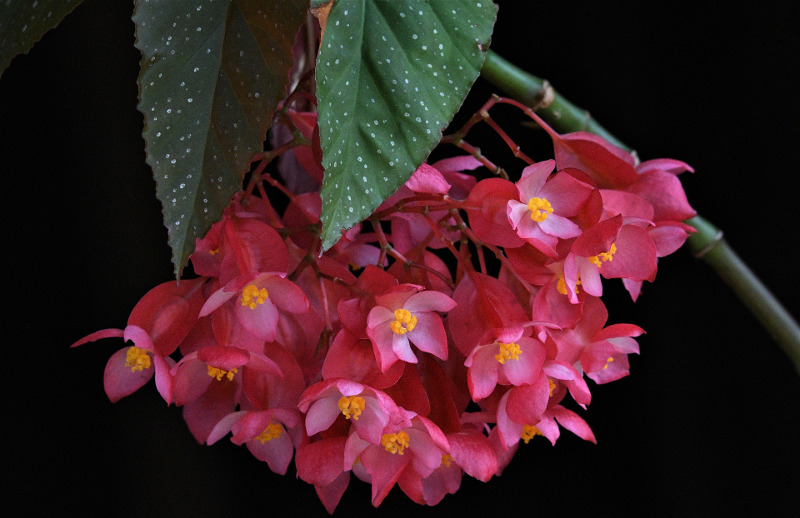Varieties of begonias that deer tend not to eat are ones with fuzzy or waxy stems. Deer also avoid plants with strong scents. They may feed on the tender flower buds.
According to Rutgers University, this plant is occasionally severely damaged on their rating scale from Rarely Damaged to Frequently Severely Damaged.
| Rarely Damaged |
| Seldom Severely Damaged |
| Occasionally Severely Damaged |
| Frequently Severely Damaged |
How To Keep Deer Away From Begonia?
Grow begonias in high hanging baskets or window boxes on the second floor or higher to keep them away from deer. Fencing in your garden, using scented deer repellants, or placing them among prickly plants are also options. Deer become accustomed to scented repellents, so you have to switch up the scent every few weeks to keep them wary.

Will Begonias Come Back After Deer Eat Them?
Tuberous begonias may grow back after being eaten by deer as long as they have had time to replenish the energy in their rhizomes during the growing season. Non-tuberous begonias may grow back if not eaten to the ground.
Sources: Rutgers New Jersey Agricultural Experiment Station ‘Landscape Plants Rated by Deer Resistance’ 2018
 |
Author Janice Cox - Published 12-09-2021 |


